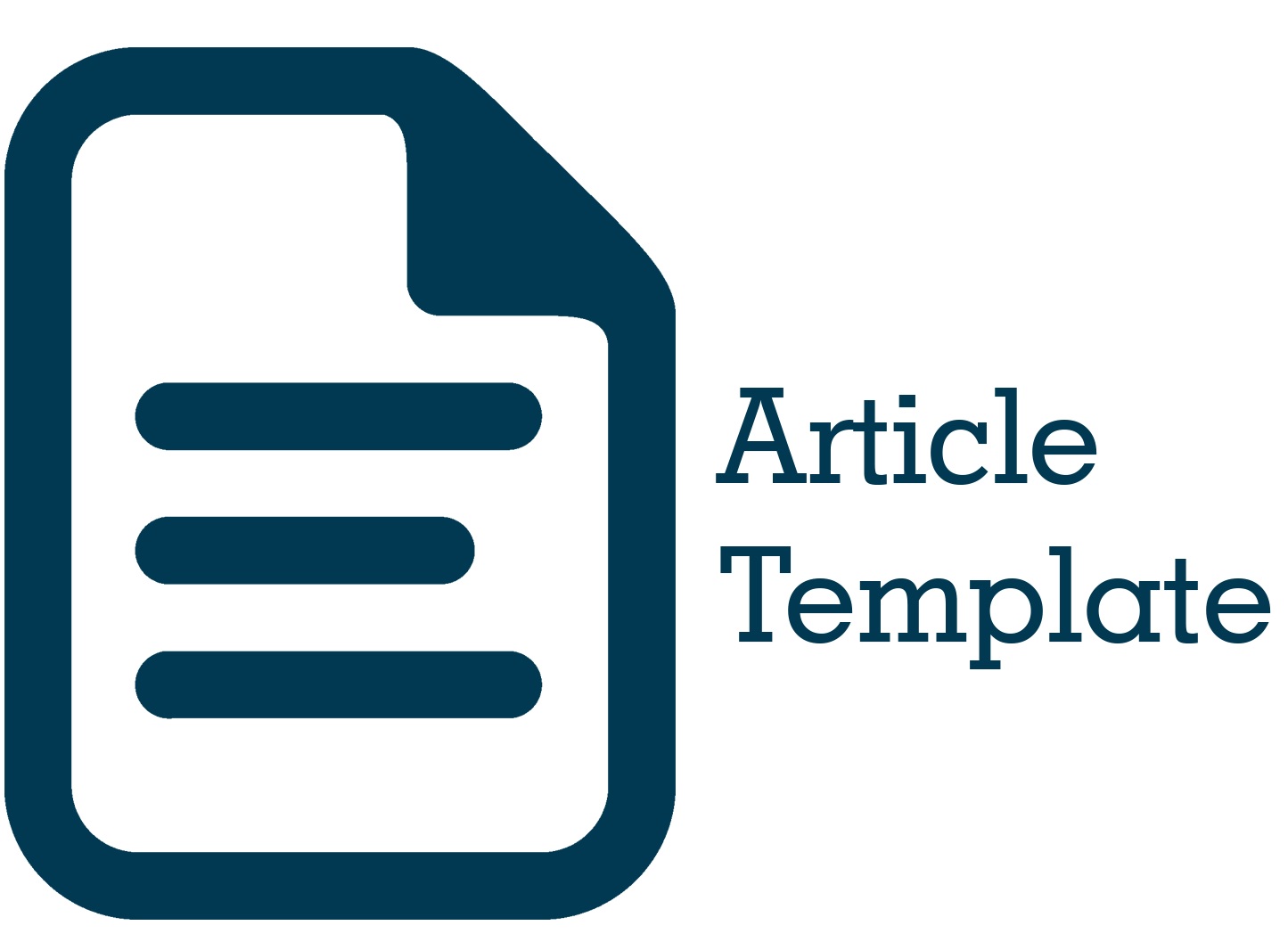Urgensi Checks and Balances Dalam Pemerintahan Daerah
DOI:
https://doi.org/10.51135/PublicPolicy.v4.i2.p663-680Keywords:
Checks, Balances, Local GovermentAbstract
This study aims to analyze the weaknesses of cheks and balances in local government based on the principle of trias politica. The research uses normative legal research methods through legislation and literature approaches. Using primary, secondary and tertiary legal materials then analyzed qualitatively to describe the results of this study. Research results: first, the problem of minimal synergy causes disharmonization between state institutions. This happens due to sectoral egos, for example not accepting or not following up on recommendations from the results of checks and balances. This ego is due to a mistaken view of equality among branches of power. Second, the absence of specific legal substance regarding standard standards for evaluating local government performance has an impact on non-progressive development performance. Third, the existing legal substance has not been able to create the correct checks and balances as described above. For this reason, the formation of legal substance is urgently implemented in order to create a very strict mechanism of checks and balances, with provisions containing material on strict performance appraisal standards and strict and real sanctions that will force these branches of local government power to submit, comply or be sanctioned.
Downloads

Downloads
Published
How to Cite
Issue
Section
License
Authors whose manuscripts are published in the Journal of Public Policy must agree to the following terms;
- Publication rights for all manuscript materials published are held by the editorial board with the author's consent.
- The legal formalities for digital access to the Journal of Public Policy are subject to the Creative Commons Attribution Sharealike (CC BY SA) license, which means the Journal of Public Policy has the right to store, redistribute, reformat, manage in a database, maintain, and publish the manuscript without seeking permission from the author as long as the author's name is included as the copyright owner.
- Published manuscripts are open access for the purpose of disseminating research results. Besides this purpose, the editorial board is not responsible for copyright law violations.


.png)



